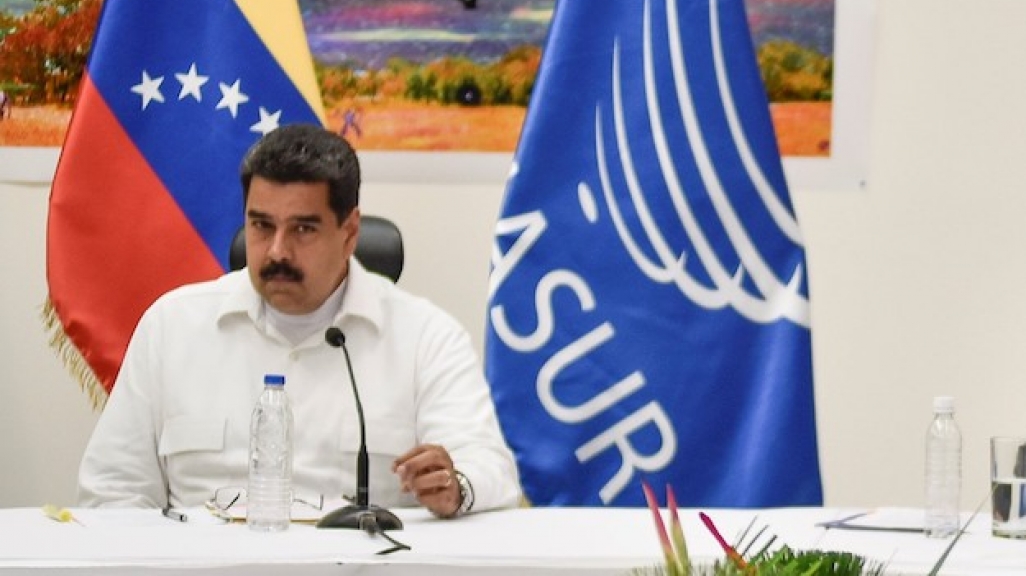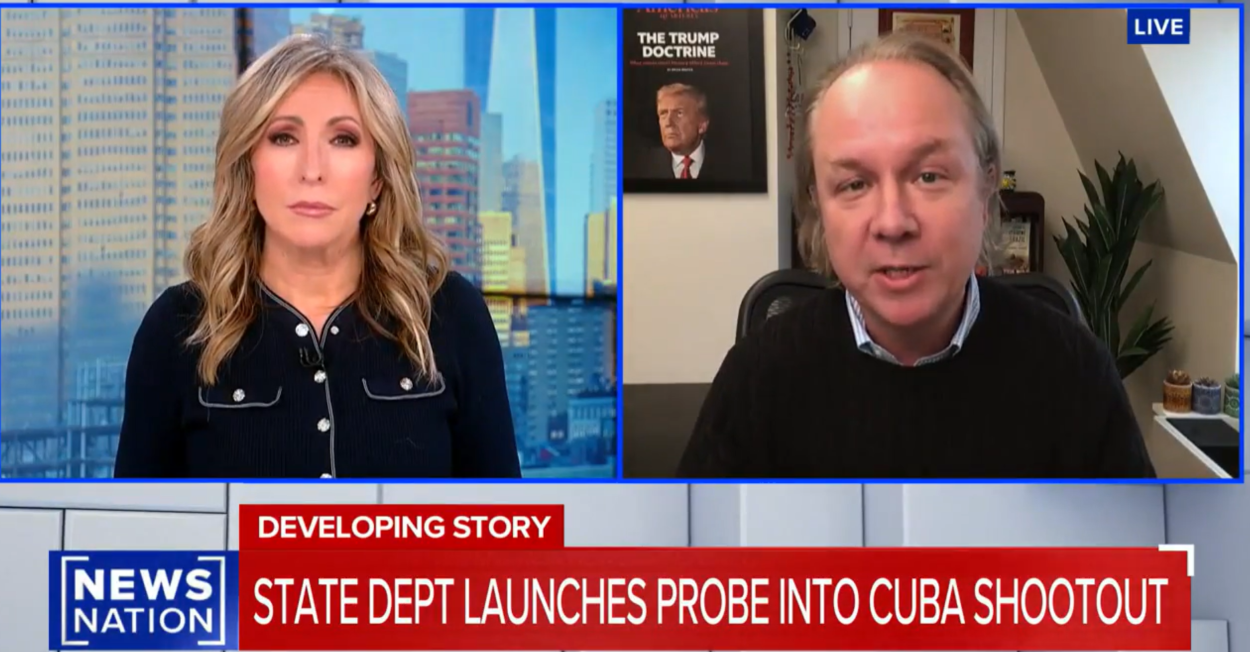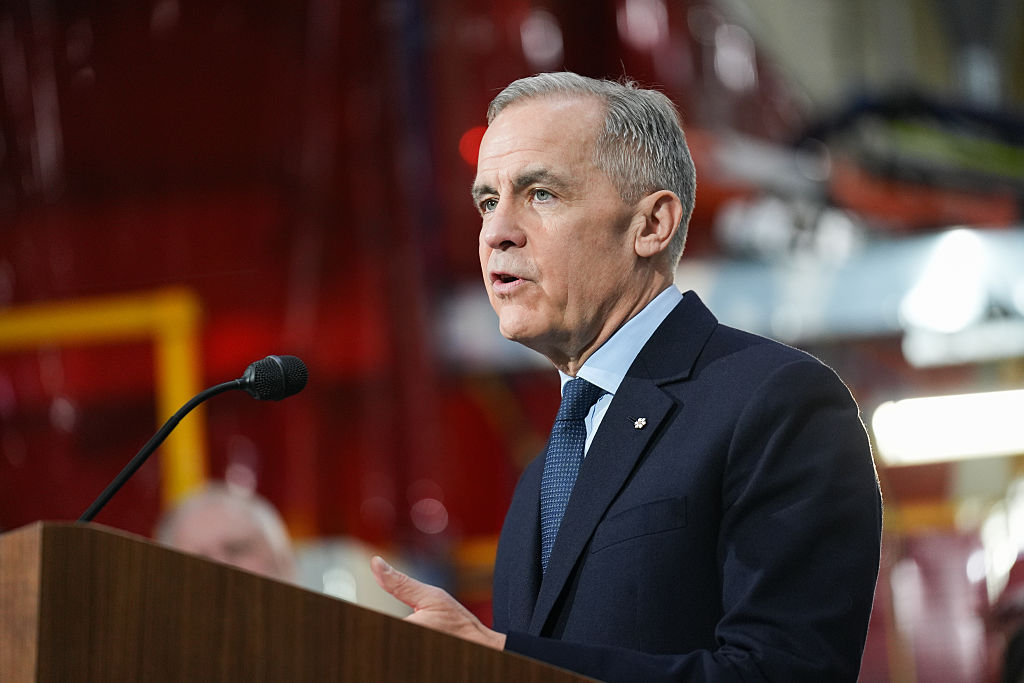UNASUR Is South America's Imperfect Crisis Manager
UNASUR Is South America's Imperfect Crisis Manager
The bloc has made strides in conflict resolution but is hamstrung by its own principles, writes COA’s Eric Farnsworth for World Politics Review.
Despite its short existence, the Union of South American Nations (UNASUR) has already developed into an important tool of South American crisis management. It assumed a leadership role in de-escalating the ongoing border dispute between Venezuela and Colombia, following earlier efforts to diffuse regional crises—again between Venezuela and Colombia but also between Colombia and Ecuador and in Bolivia. It has generally done so without taking sides or holding leaders to account when they ignore established regional norms. In large part this is due to the fact that UNASUR gives priority to the absolute sovereignty of its member states, rather than exercising an outside watchdog role on matters like democracy and human rights. This has had important implications for Venezuela, but also for Ecuador, where President Rafael Correa has taken a soft authoritarian turn and, perhaps ironically, where the UNASUR headquarters is based.
UNASUR emerged after decades in which perceptions of outsized U.S. influence in Latin America were pervasive in the region. Wariness of the United States still lingers in Latin America under a veneer of cooperation; in some countries, like Venezuela, overt resistance drives relations. Yet the region has traditionally depended on the United States as its largest market, pool of investment capital, educator of elites, supporter of security operations and destination for migrants and source of their remittances. Options for independent Latin America action, no matter how much leaders in the region desired it, have been limited....









